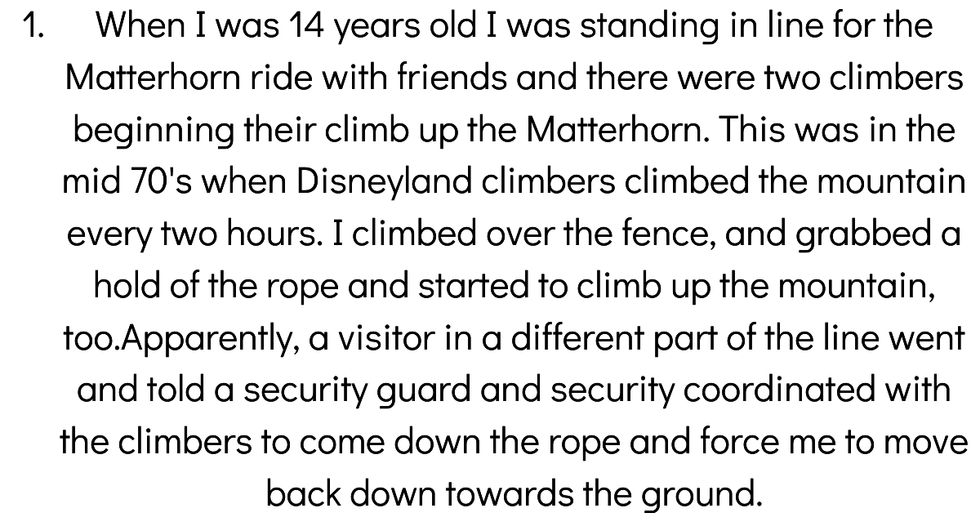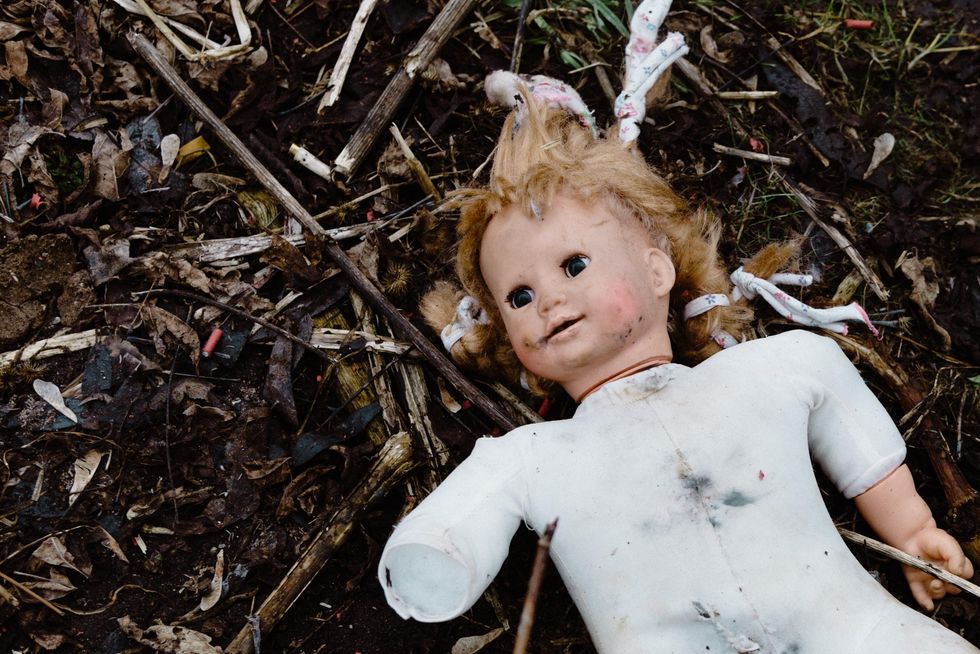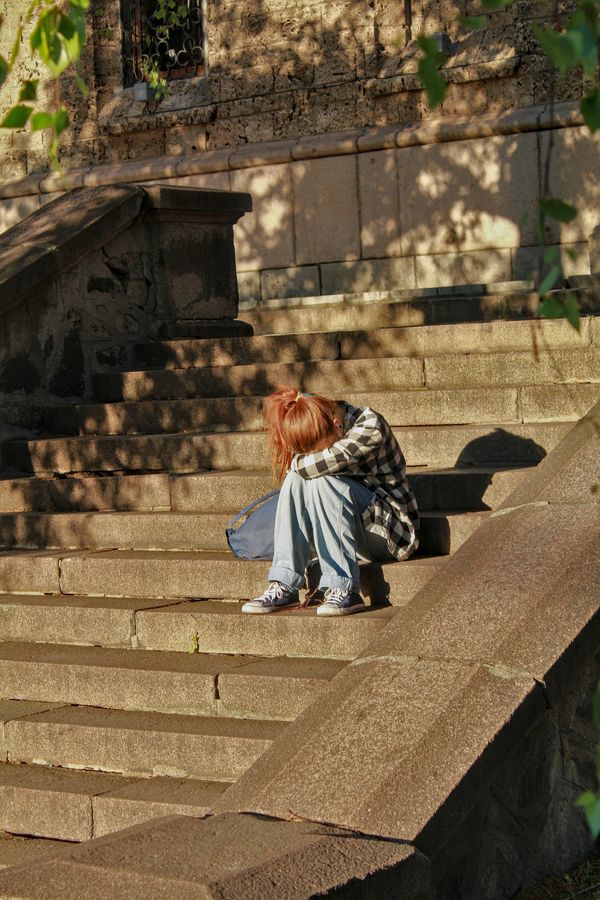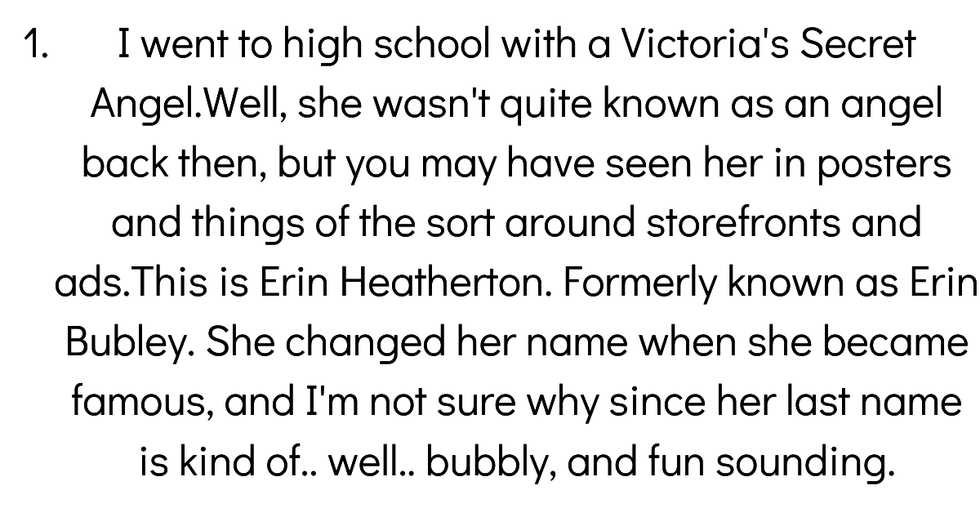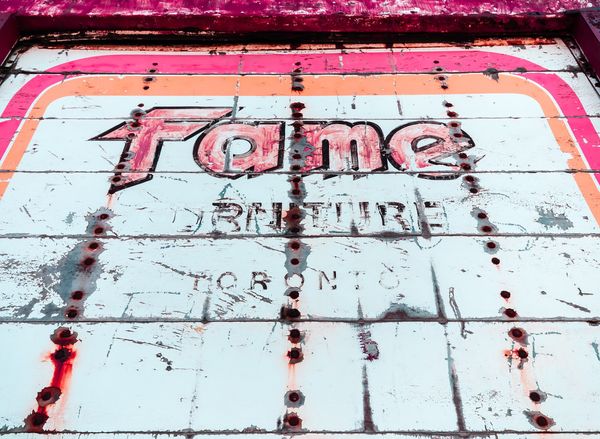*The following article contains discussion of suicide/self-harm.
Darren Hayes who in the 1990s dominated the pop charts as one half of the Australian music duo Savage Garden, opened up about his depression and how his record label suppressed his homosexuality in a compelling interview with Sirius XM's show, Volume West.
Savage Garden was the recipient of a record number of ten ARIA Music Awards in 1997, and their two albums sold 23 million copies worldwide.
They are famously known for their radio-friendly ballads, “Truly, Madly, Deeply,” and “I Knew I Loved You," which respectievly set records for the longest run on the Billboard Adult Contemporary chart for a combined 247 weeks.
In spite of the duo's success, being thrust into the spotlight put a major strain on Hayes' mental health.
He also struggled with his sexual identity while being married to his childhood sweetheart, makeup artist Colby Taylor.
\u201c'He looks gay': Darren Hayes recalls music label's homophobia https://t.co/v0XeUAENG4\u201d— QNews (@QNews) 1646282243
When Hayes came out and divorced his wife–a process he described as “really sad"–he translated his emotions into music for what inevitably became Savage Garden's second and final album, 1999's Affirmation.
After an unsuccessful attempt at a solo career and a 10-year absence from the music scene, he tried his hand at improv comedy by training for three years with the Groundlings Theater company–where he said he did "terrible stand-up" but was "so good for the ego to flop."
Now, Hayes is back from his musical hiatus with the release of a powerful new single, “Poison Blood," about his history battling depression and thoughts of suicide–which runs in his family.
\u201cI know there are other things going on in the news cycle right now, but if you want to read a really powerful and inspiring #PrideMonth interview, this @yahooent conversation with @darrenhayes (ex-Savage Garden) is pretty great.\n\nhttps://t.co/hKC1Xmg5Yg\u201d— L\u00ffndsey Parker (@L\u00ffndsey Parker) 1656463217
"I come from a family history of manic depression and suicidal tendencies," said the 50-year-old. "I'm really lucky that I've had a lot of therapy, and I take a cocktail of medication that keeps me here every day."
In his new song, Hayes said his mental illness was "'a blessing, a gift, and a curse,' because — as with most artists who have any kind of mental health challenges — it allows me to see such a vivid spectrum of color and feel this vivid spectrum of emotions."
He said that sometimes his mental condition can be "overwhelming," but recognizes in the song that "every day is a decision to stay."
\u201cWow this song is powerful! Darren Hayes is at his deepest emotionally here. If you battle anxiety, depression, ptsd, suicidal thoughts, or have any mental health issues this is a must hear song.\n\n#NewSong #MentalHealthMatters #MentalHealthAwarenessWeek #PTSD #depression #suicide\u201d— Omey (@Omey) 1654517796
When asked if the timing of the release for "Poison Blood" intentionally coincided with Pride month, Hayes said, "Very, very much so. … I'm very aware that the rates of depression and suicide amongst our community is just so, so high, and a lot of that is about shame, still to this day."
\u201c\ud83c\udfb6 And it's not that I don't wanna live\nIt's the pain that I wish I could kill\nAll the times that I wanted to die\nI made a choice I was gonna survive\nIt's a blessing, a gift and a curse\nEvery day's a decision to stay with my\nPoison blood... \ud83c\udfb6 Darren Hayes\nhttps://t.co/Cu54X7Snt5\u201d— Sam Davis \ud83d\ude4b\ud83c\udffe\u200d\u2640\ufe0f (@Sam Davis \ud83d\ude4b\ud83c\udffe\u200d\u2640\ufe0f) 1656263642
With many prominent artists who are open about their LGBTQ+ identities today, like "Cub Sport, Troye Sivan, Lil Nas X," Hayes said he didn't have role models like them when he was younger.
However, he said "it's not all rainbows and glitter and unicorns" as there is evidence of lingering ignorance with many of those artists being ruthlessly trolled on social media.
"I kind of wanted my song to be a reminder that I'm still here," he said. "I'm 50, and I'm not just living with mental illness — I think I'm thriving."
\u201c@darrenhayes I have no words to express how much I admire the strength and courage you show in this song and video. This is a subject that needs so much more awareness in our world today. I commend you for opening up and having that conversation. I love you immensely and I'm so proud of you!\u201d— Darren Hayes (@Darren Hayes) 1656267304
\u201c@darrenhayes Brave. Shocking. Unequivocal. Brilliant. I was once again standing in front of my favourite painting, \u201cOphelia\u201d by Millais, at the Tate Britain, seeing in the drowned image not Lizzie Siddal, who also posed in a bathtub of icy water, but her lifelong illness and eventual suicide.\u201d— Darren Hayes (@Darren Hayes) 1656267304
\u201c@darrenhayes We are proud of you to Darren,thank you for staying with us to share your beautiful voice and music.\u201d— Darren Hayes (@Darren Hayes) 1656267304
\u201c@darrenhayes It's such an important message. Thank you so much for making this video. It is breathtaking.\u201d— Darren Hayes (@Darren Hayes) 1656267304
Around the time Savage Garden emerged onto the music scene in the 90s, Hayes recalled having his first mental breakdown when he was 18 or 19.
Although he was grateful for the "extraordinary gift and opportunity" at the time, he said "the pressures of having all of that attention really took its toll on me. "
"And I thought that it meant that I was ungrateful if I complained about it. So, I just didn't complain and kind of sucked it up."
In his interview, Hayes also touched on his record label–without mentioning Columbia Records by name– being "homophobic," which exacerbated his anxiety in coming to terms with his sexuality even after Savage Garden split and he embarked on a solo career–starting with his 2002 album, Spin.
"When I became a solo artist, I made a music video for my first single 'Insatiable,' and I had my natural-color hair, and I danced in the music video," explained Hayes.
"And the president of the label said, 'He looks too obviously gay. We are going to have to pull all promotion for him in the U.S.'"
"So, a lot of the reason you don't know about me as solo artist in the U.S. is because my first-ever single essentially got buried."
"All the money that was supposed to be allocated to promoting me as a solo artist was just taken away, because they felt like I looked 'too gay.' And I actually got dropped."
\u201c@ronanofficial @RebelWilson Darren Hayes ex (savage gardern) went through this 25 years ago at the height of savage garderns fame,came out after the band broke up ,Columbia records buried him and his 2 solo albums and his career in the USA. It hasent changed then from back then.\u201d— Ronan Keating (@Ronan Keating) 1654990137
\u201cthis part of an old darren hayes interview....... columbia records full of homophobes....\u201d— A.\u26a2 (@A.\u26a2) 1598742242
He started his own record label, Powdered Sugar, after parting ways with Columbia Records in 2006. Now he is making music on his terms and making up for lost time.
When asked how he was expressing himself as an out artist, Hayes enthusiastically replied:
"Well, I am obsessed with the ‘80s, and I've created a world for this era which is really like my lost youth."
"When I was 20, I didn't realize I was gay, so I never got to go to a gay club. I never got to hold a guy's hand. I never got to do any of those things that I'm doing in these music videos."
"Now I've recreated this alternate universe where it’s like, 'What if I were adjusted and happy? What if I got to go to a club and have this positive experience as a young gay man?'"
Hayes described his tangent life as a "little world that I wish I had lived in, and I've kind of gone back and reclaimed it for myself."
This year, he headlined the Sydney Gay and Lesbian Mardi Gras Parade, and he announced an Australian and UK tour that will kick off in 2023.
If you or someone you know is struggling, you can contact the National Suicide Prevention Lifeline at 1-800-273-TALK (8255).
To find help outside the United States, the International Association for Suicide Prevention has resources available at https://www.iasp.info/resources/Crisis_Centres/
LGBTQ+ Youth can get help through:
- TrevorChat — 24/7/365 at https://www.thetrevorproject.org/get-help-now/#services
- TrevorLifeline — phone service available 24/7 at 1-866-488-7386
- TrevorText — Text “START” to 678678. Available 24/7/365.
- TrevorSpace — online international peer-to-peer community for LGBTQ young people and their friends at https://www.trevorspace.org/
- Trevor Support Center — LGBTQ youth & allies can find answers to FAQs and explore resources at https://www.thetrevorproject.org/resources/trevor-support-center/#sm.0000121hx9lvicotqs52mb1saenel





